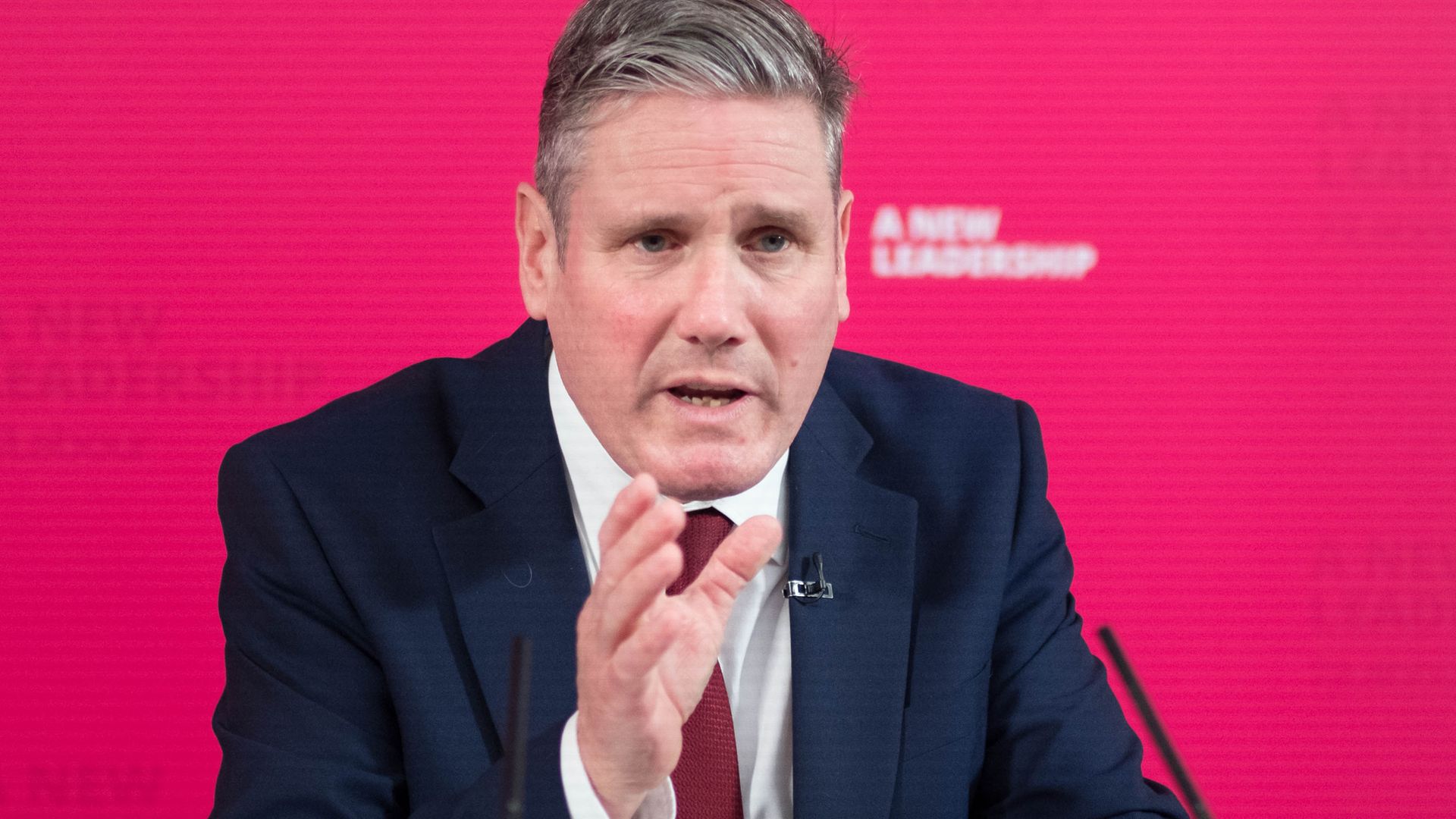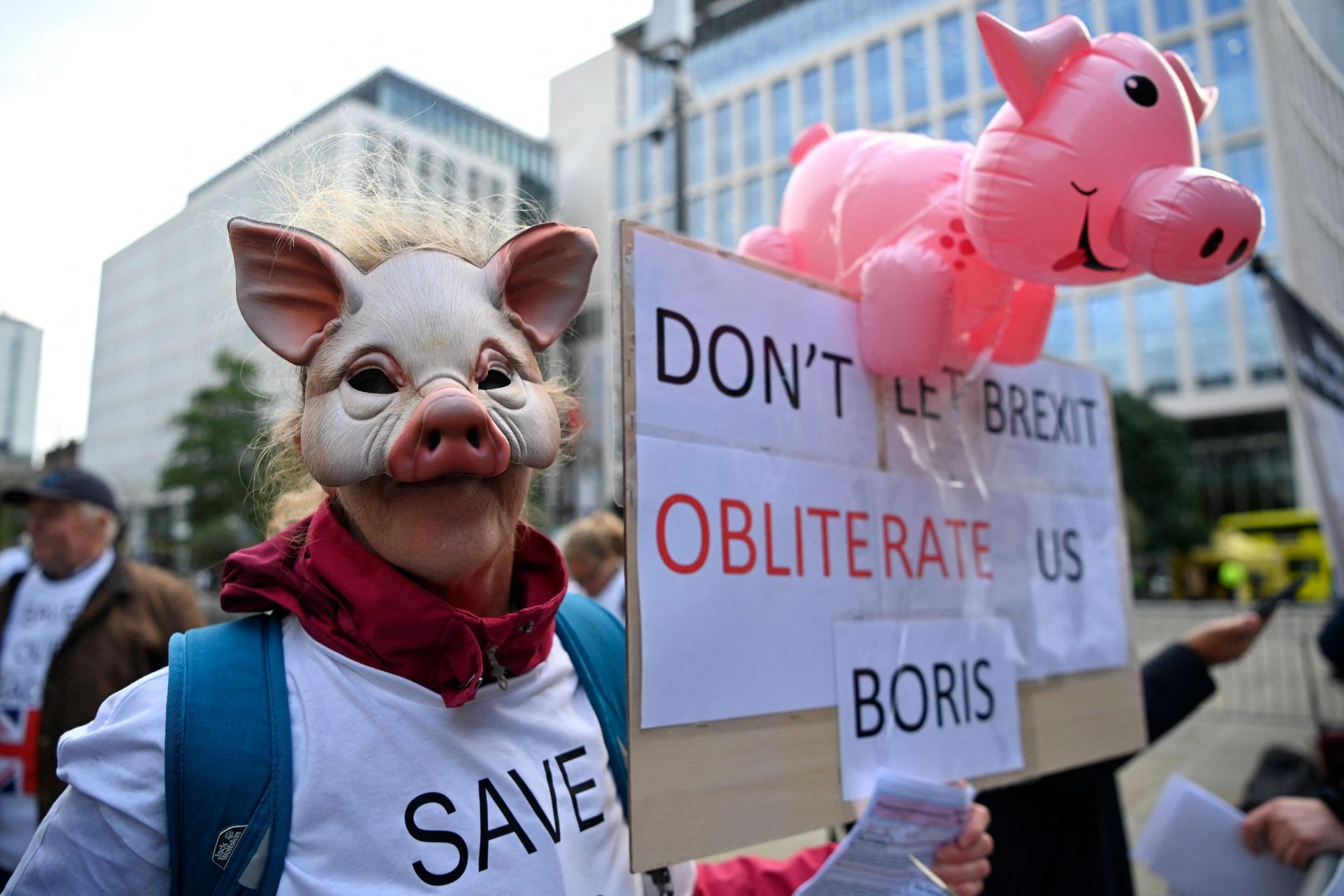The recent drownings in the English Channel were an accident waiting to happen. They are a case study in failed co-operation between the UK and France, and the importance of trust in international relations.
Sadly, the standoff over asylum seekers mirrors a catalogue of other disputes arising from the Brexit divorce, from Northern Ireland to fisheries, border checks and financial services.
In these circumstances, where the UK is slipping into a permanent state of hostilities with its European neighbours, it is tempting to say there is nothing to be done. But this is a counsel of despair. To stand on the sidelines is to ignore the real damage to jobs and prosperity which the status quo entails.
This is why I have accepted an invitation to join a new Independent Commission on UK-EU Relations, dedicated to finding solutions to problems arising from an imperfect Brexit deal.
The commission – a slightly grand name, but no matter – is composed of academics, business people, journalists and a top trade union official. It is a good-faith effort to adopt a bipartisan approach after the divisions of the Brexit referendum campaign. We will take evidence from experts from the UK and continental Europe, with a view to publishing our findings ahead of the planned renegotiation of the Brexit trade and co-operation deal with the EU in 2024.
Other commission members include Lord Kerr, a former head of the Foreign Office; Will Hutton, Observer commentator and bestselling author; Peter Kellner, pollster; George Peretz QC; Paula Surridge, professor of sociology and international studies at the University of Bristol; Anna Jerzewska, the founder of Trade and Borders; and Adrian Binks, the chief executive of Argus Media.
We are united on one matter: there can be no question of refighting the Brexit referendum or reopening the question of UK membership. The war is over, the Leavers won. Yet their victory rested on the narrow question of whether to leave the EU – not the terms of departure or the nature of our post-Brexit relationship with the EU.
As Tony Blair once said: Brexit was like buying a house on spec without taking a look at the property.
Many of the problems stem directly from the May-Johnson decision to leave the EU single market and customs union. The entire services sector, including financial services which employs three million people across the UK, effectively received a no-deal Brexit.
Abandoning the single market was the price demanded by the European Research Group, whose grip on the Conservative Party remains as tight as ever when it comes to Brexit. The hardliners wanted nothing less than the restoration of the supremacy of UK law over EU law and the freedom to forge trade agreements outside the constraints of Brussels.
Yet, last month, the Office for Budget Responsibility estimated that the long-term cost of a “hard” Brexit would be double the impact of Covid. In real terms, due to reduced productivity, GDP per capita would be 4% lower than otherwise.
In the meantime, Brexit has created serious friction for British companies, particularly small and medium enterprises less able to cope with the extra costs than the big corporations.
There is also plenty of evidence of damage to the City of London – although not so much the (exaggerated) exodus of thousands of jobs promoted by the Remain campaign in the run-up to the 2016 referendum, but more a “slow puncture”. Rather than adding to the existing headcount in London, new jobs are being located in Amsterdam, Dublin, Frankfurt and Paris, where pan-European financial services businesses want seamless access to the single market.
Labour has begun to address the flaws in Johnson’s Brexit deal, but Keir Starmer is wary of inflaming old wounds and giving the impression that he wants to reopen the question of membership.
After the rancour of the past five years, between as well as within the main political parties, many found it more convenient to make “Brexit” a taboo term. Now that the damage is becoming clear, and it will become clearer as the Covid impact wears off, it is more important than ever to engage in informed debate.
Brexit isn’t working. The task of the commission is to help fix it. We hope others will join the endeavour.
More details at ukeucommission.org




